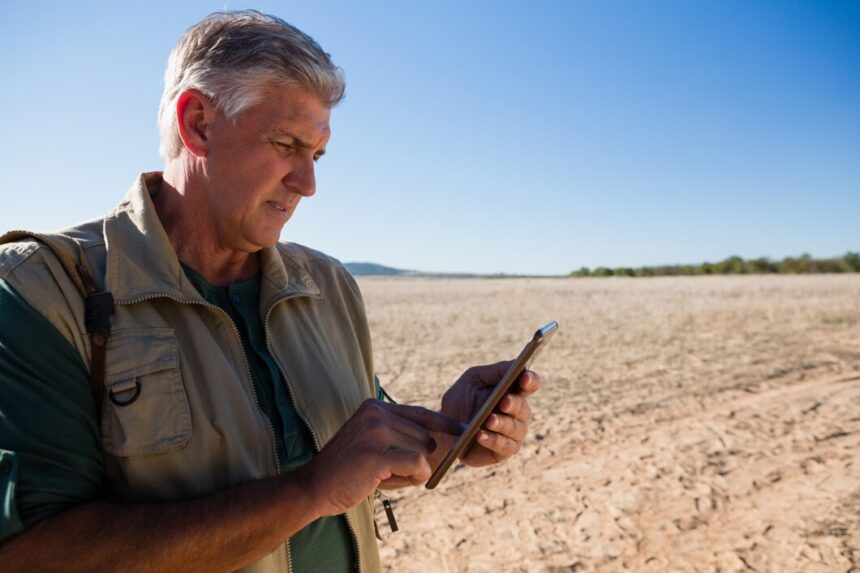Ethiopia has made significant strides in agricultural technology, particularly through the use of mobile soil testing apps. These apps are transforming farming by providing real-time soil analysis, improving crop yields, and reducing costs. South African farmers, who face similar challenges in soil management, can learn valuable lessons from Ethiopia’s approach to digital soil testing.
The Role of Mobile Soil Testing Apps in Ethiopia
Ethiopian farmers have embraced mobile soil testing applications that analyze soil conditions and provide recommendations for optimal fertilizer use, irrigation, and crop selection. These apps work by:
- Providing Instant Soil Analysis: Farmers can test soil fertility levels and receive instant reports on nutrient deficiencies.
- Offering Tailored Recommendations: The apps suggest the right type and amount of fertilizer, helping farmers maximize yields and reduce waste.
- Using AI and Machine Learning: Some apps utilize artificial intelligence to predict soil health trends and recommend long-term soil management strategies.
- Enhancing Accessibility: Since these tools are mobile-based, even small-scale farmers in remote areas can access scientific soil data without expensive laboratory tests.
Challenges South African Farmers Face in Soil Management
South African farmers deal with various soil-related issues, including:
- Soil Degradation: Years of overuse and improper fertilization have led to nutrient depletion in many farming areas.
- High Costs of Traditional Soil Testing: Lab-based soil analysis is often expensive and time-consuming, making it inaccessible for small-scale farmers.
- Limited Knowledge on Soil Health: Many farmers rely on traditional farming methods, which may not always be efficient in managing soil fertility.
Lessons South Africa Can Learn from Ethiopia
By adopting Ethiopia’s mobile soil testing model, South African farmers can benefit in several ways:
- Expanding Access to Digital Tools: Investing in mobile-friendly soil testing solutions can help more farmers make data-driven decisions without needing expensive lab tests.
- Promoting Smart Fertilization: Apps that provide customized fertilizer recommendations can prevent overuse, reduce costs, and improve soil health in the long run.
- Encouraging Government and Private Sector Collaboration: Ethiopia’s success comes from partnerships between the government, tech startups, and agricultural organizations. South Africa can follow a similar approach to ensure widespread adoption of soil testing technology.
- Integrating AI for Precision Farming: AI-powered soil testing apps can help South African farmers predict soil health trends and make informed choices about crop rotation and fertilization.
Ethiopia’s mobile soil testing apps have proven that digital technology can significantly improve soil management and increase farm productivity. South Africa has the opportunity to adopt and localize similar innovations to address soil degradation, cut farming costs, and enhance food security. By leveraging mobile soil testing technology, South African farmers can take a major step toward a more sustainable and profitable agricultural sector.
Join 'Farmers Mag' WhatsApp Channel
Get the latest Farming news and tips delivered straight to your WhatsApp
CLICK HERE TO JOIN






